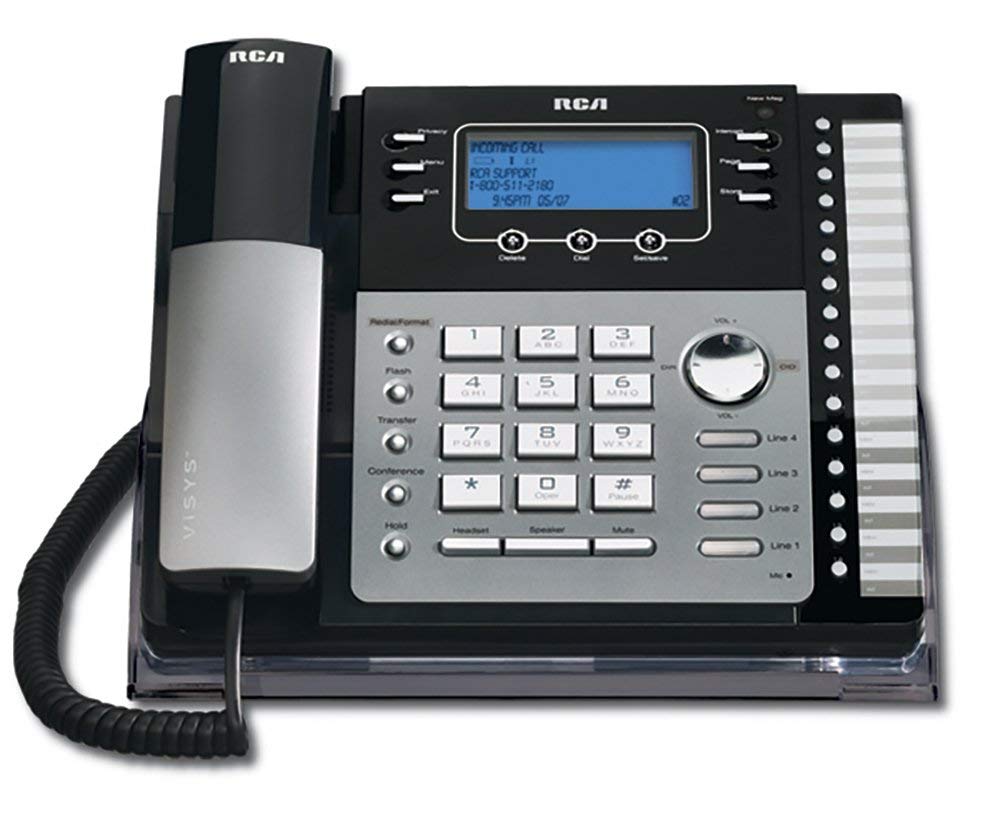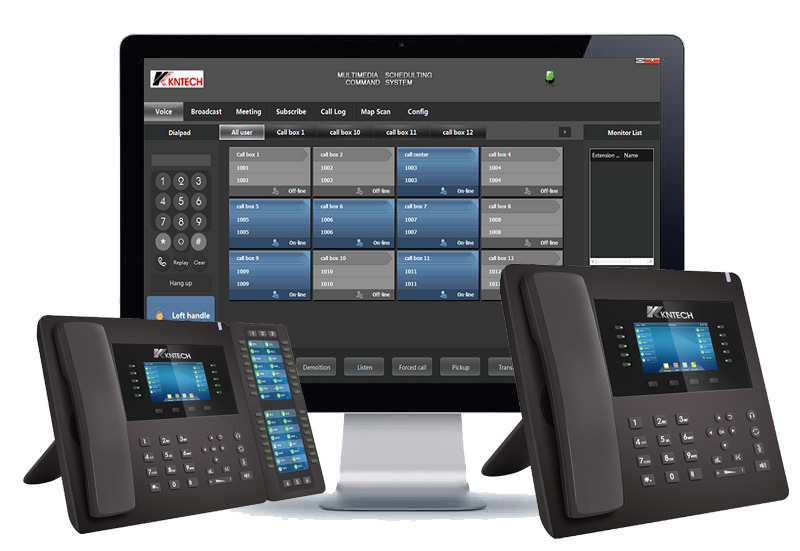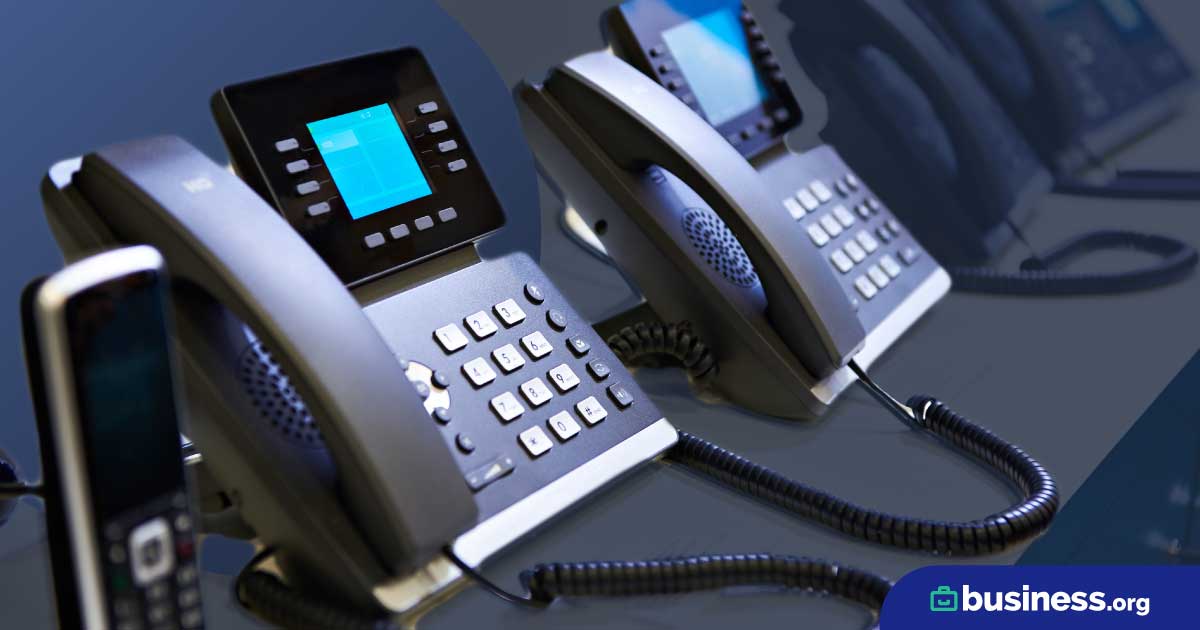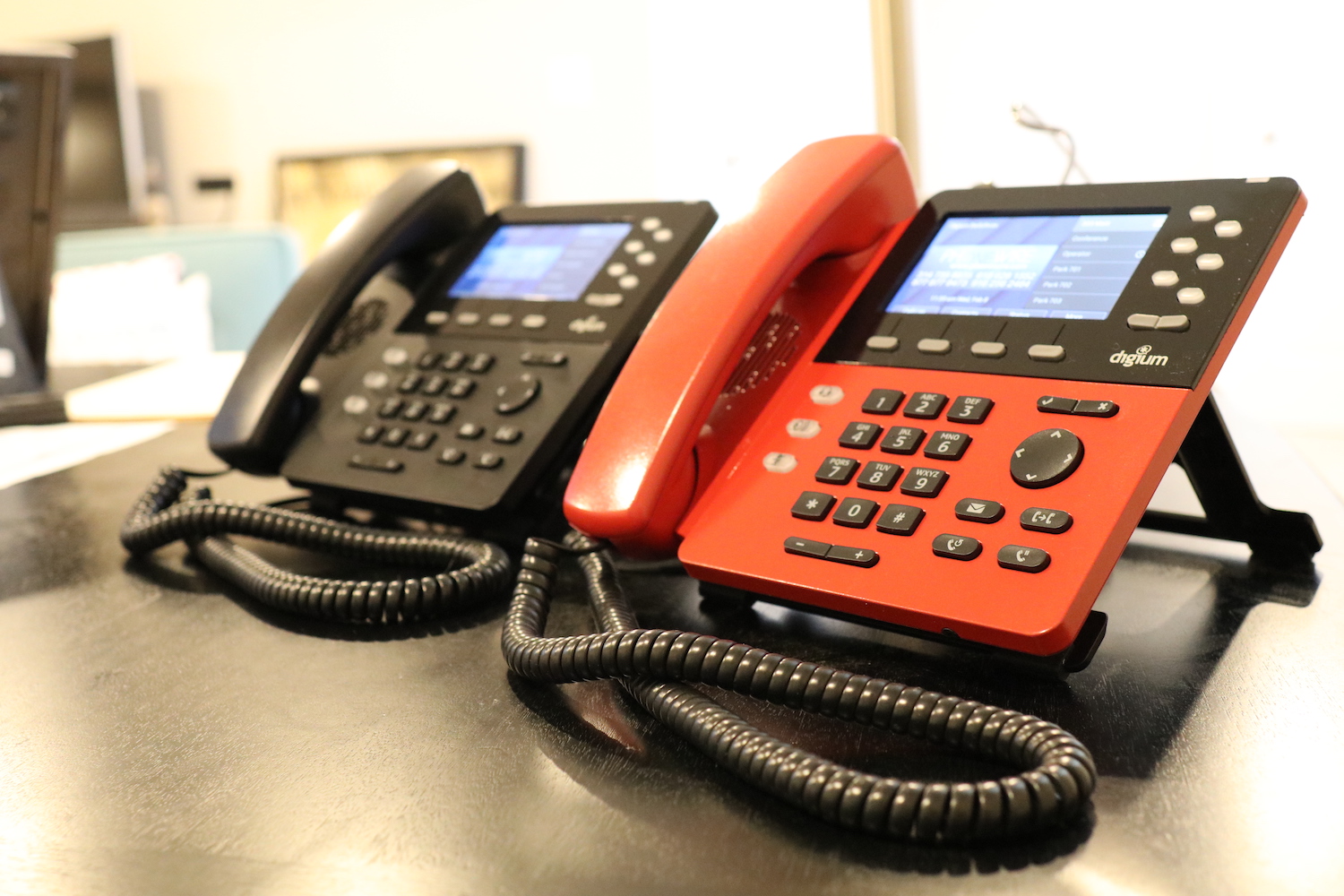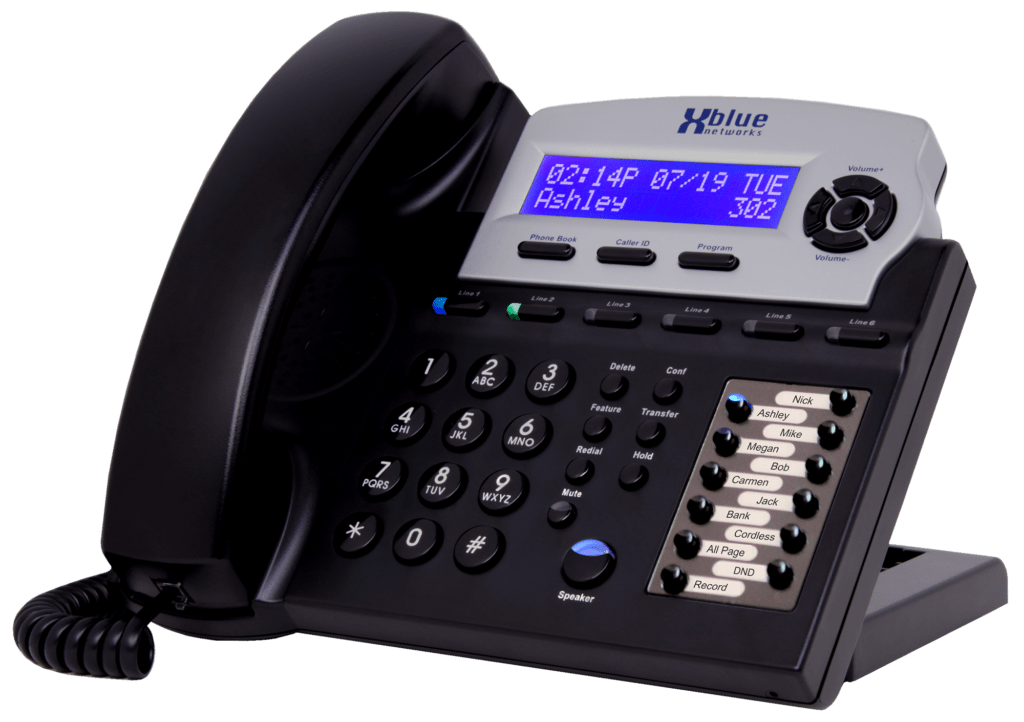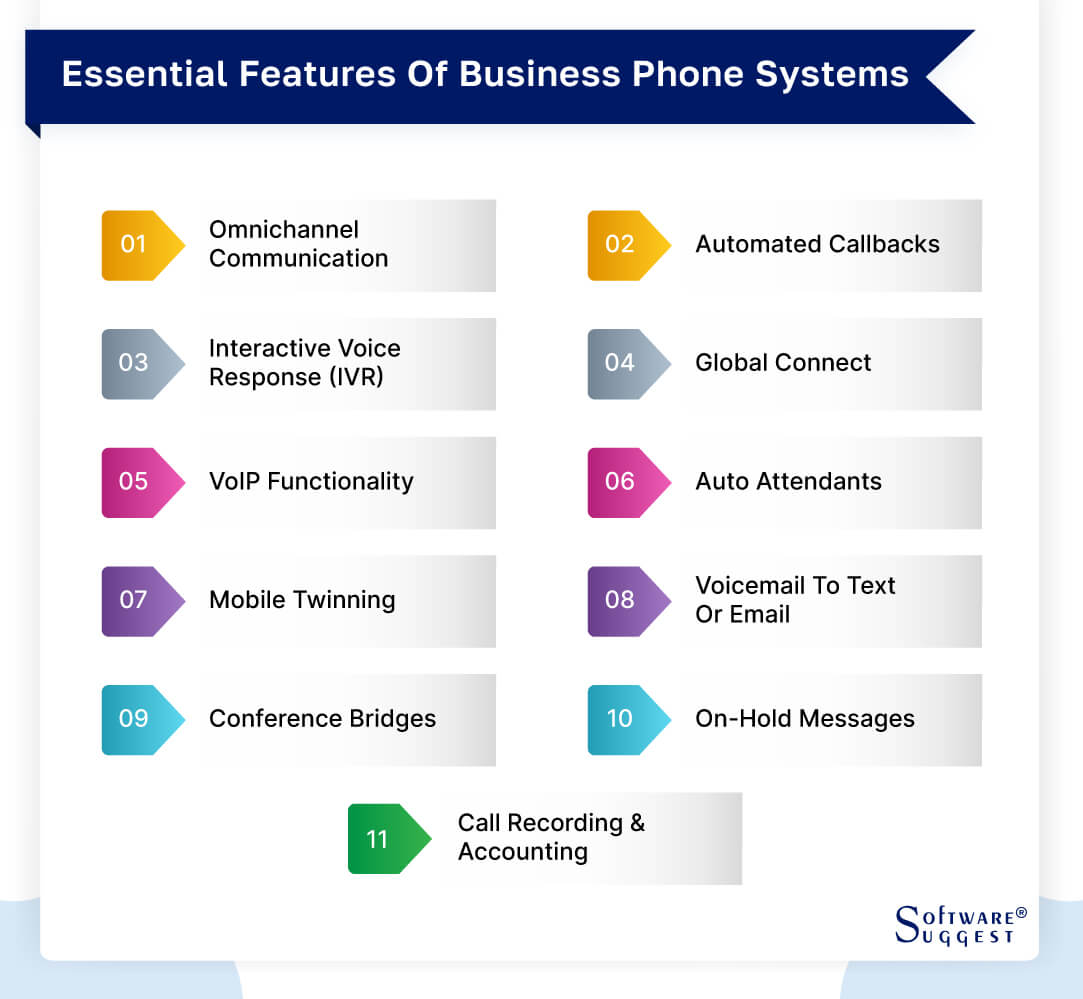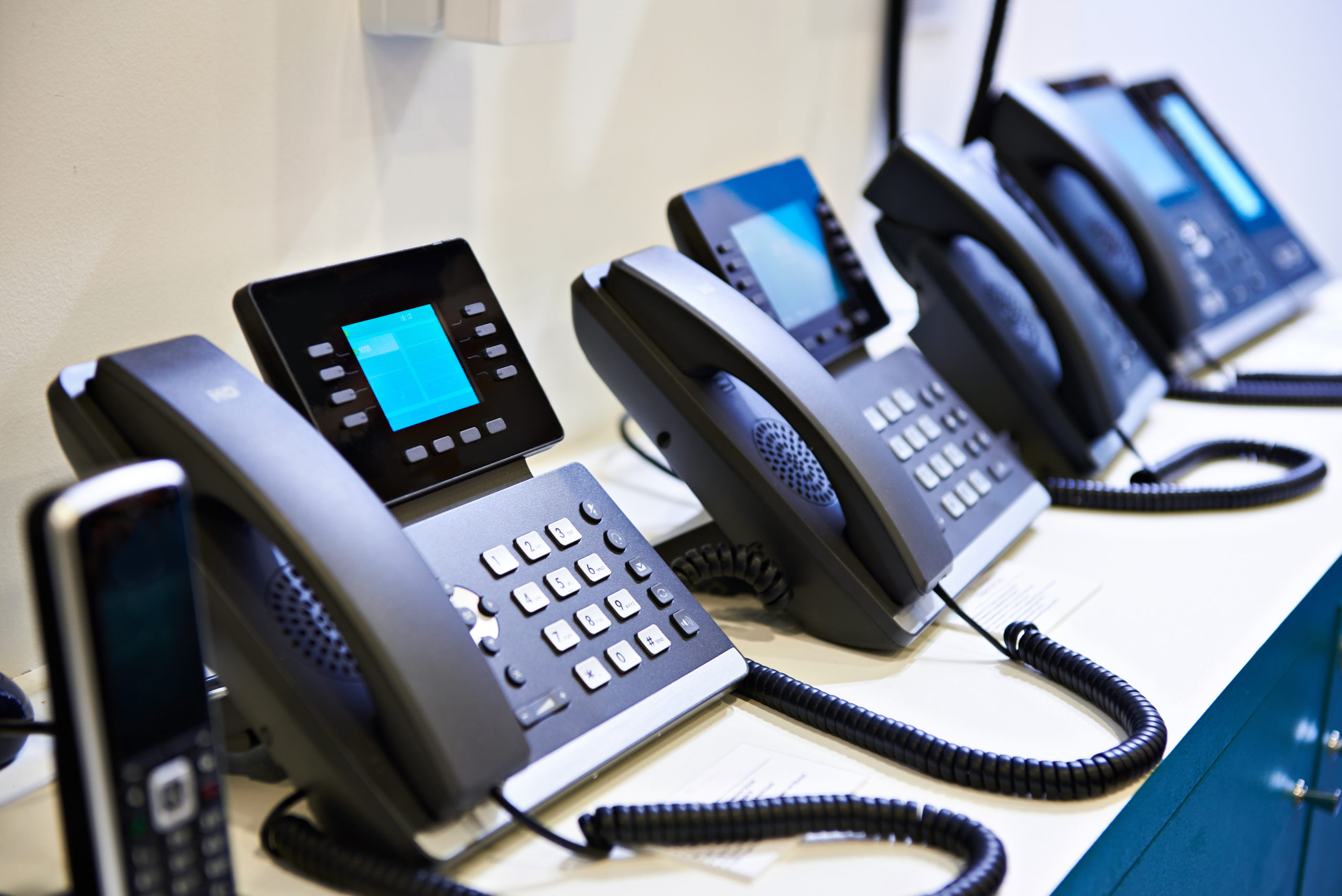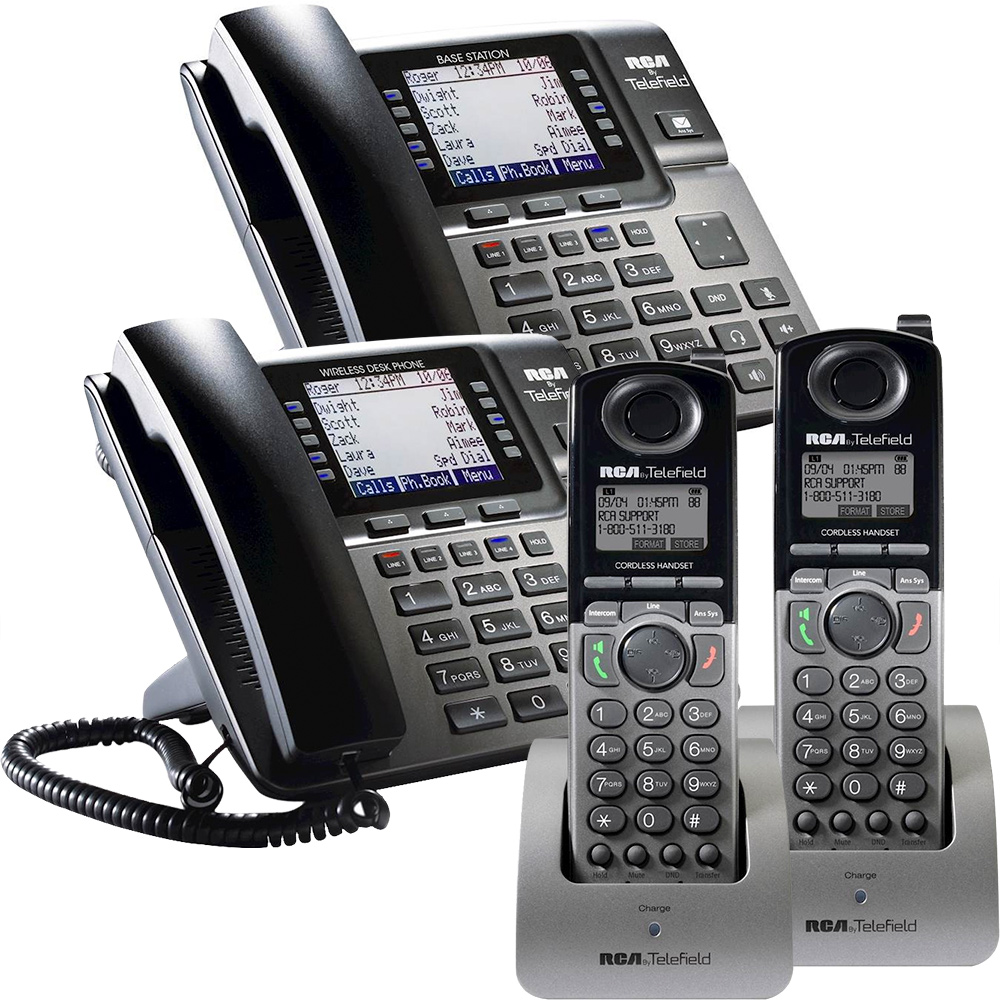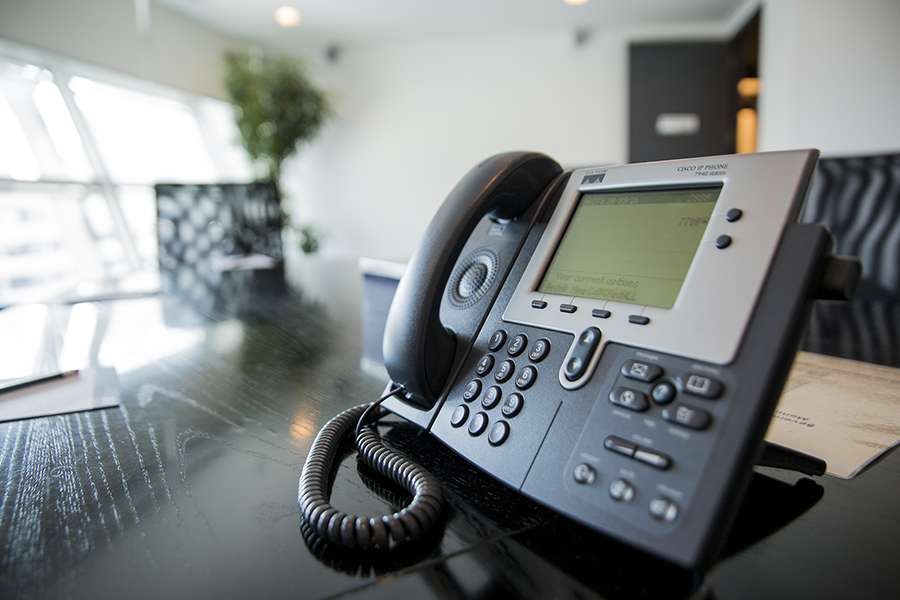Best Phone Systems For Business

In today's competitive landscape, effective communication is the backbone of any successful business. A robust phone system is no longer a luxury, but a necessity, directly impacting customer satisfaction, team collaboration, and overall operational efficiency. This article is designed for value-conscious shoppers seeking the best phone system that balances cost-effectiveness with essential features.
Why Your Business Needs a Modern Phone System
Traditional landlines are becoming obsolete, offering limited functionality and scalability. Modern phone systems, often cloud-based, provide a range of advanced features, including auto-attendants, call routing, voicemail-to-email, and integrations with other business tools. These features streamline communication, enhance professionalism, and improve customer service, ultimately boosting your bottom line.
Investing in the right phone system ensures that your business is always accessible to clients and customers. It also enables seamless communication and collaboration between employees, regardless of their location.
Shortlist of Recommended Phone Systems
Here are some top contenders, tailored to different business needs and budgets:
- For Startups/Small Businesses: RingCentral MVP - A versatile platform with comprehensive features at a competitive price.
- For Growing Businesses: Nextiva - Known for its excellent customer support and scalability.
- For Budget-Conscious Businesses: Ooma Office - Offers a low-cost option with essential features.
- For Teams Using Microsoft: Microsoft Teams Phone - Integrates seamlessly with the Microsoft ecosystem.
Detailed Reviews
RingCentral MVP
RingCentral MVP is a popular choice for small to medium-sized businesses. It offers a wide range of features, including unlimited calling, video conferencing, team messaging, and integrations with popular CRM platforms.
Its user-friendly interface and robust mobile app make it easy for employees to stay connected on the go. RingCentral's pricing plans are tiered, allowing businesses to choose a plan that fits their specific needs and budget.
Nextiva
Nextiva stands out for its exceptional customer service and reliable performance. It offers a comprehensive suite of features, including advanced call routing, call analytics, and integrations with various business applications.
Nextiva's platform is highly scalable, making it a good choice for businesses that anticipate future growth. While its pricing is slightly higher than some competitors, the added value in terms of support and reliability makes it a worthwhile investment for many businesses.
Ooma Office
Ooma Office is an excellent option for businesses looking for a low-cost phone system. It offers essential features such as voicemail, call forwarding, and virtual receptionist at a very affordable price.
While Ooma's feature set is not as extensive as some of its competitors, it provides a solid foundation for small businesses with basic communication needs. Its easy setup and user-friendly interface make it a great choice for businesses with limited technical expertise.
Microsoft Teams Phone
If your business already uses Microsoft Teams, Microsoft Teams Phone is a natural extension of that platform. It integrates seamlessly with Teams, allowing users to make and receive calls directly within the Teams environment.
This integration simplifies communication and collaboration, as users can easily switch between chat, video conferencing, and phone calls. However, Microsoft Teams Phone requires a Microsoft 365 subscription, which may add to the overall cost.
Side-by-Side Specs Table
Here's a comparison of the key features and performance scores of the phone systems discussed above:
| Phone System | Pricing | Key Features | Customer Support | Scalability | Overall Score (out of 5) |
|---|---|---|---|---|---|
| RingCentral MVP | $$ | Unlimited calling, video conferencing, team messaging, CRM integrations | Good | High | 4.5 |
| Nextiva | $$$ | Advanced call routing, call analytics, business application integrations | Excellent | High | 4.7 |
| Ooma Office | $ | Voicemail, call forwarding, virtual receptionist | Adequate | Medium | 3.8 |
| Microsoft Teams Phone | $$$ | Seamless integration with Microsoft Teams, call transfer, hold | Good (through Microsoft) | High | 4.3 |
Pricing Key: $ = Budget-friendly, $$ = Mid-range, $$$ = Premium
Practical Considerations
Choosing the right phone system involves more than just comparing features and prices. Consider your business's specific needs, including the number of employees, call volume, and desired level of integration with other business tools.
Also, factor in the cost of hardware, such as desk phones or headsets, and the potential need for IT support. Don't forget to check user reviews and compare pricing plans to ensure you're getting the best value for your money.
Consider the long-term scalability of the system. Will it be able to accommodate your business's growth in the coming years?
Key Takeaways
Selecting the best phone system for your business requires careful consideration of your specific needs, budget, and growth plans. RingCentral MVP offers a balance of features and affordability, while Nextiva excels in customer support and scalability.
Ooma Office provides a budget-friendly option for basic communication needs, and Microsoft Teams Phone is a natural fit for businesses already using the Microsoft ecosystem. By weighing these factors, you can make an informed decision that will benefit your business for years to come.
Call to Action
Ready to upgrade your business communication? Compare the features and pricing plans of the phone systems discussed in this article. Request a demo or free trial to experience the benefits firsthand.
Making the right choice can significantly improve your business's efficiency and customer satisfaction. Don't delay – invest in a modern phone system today!
Frequently Asked Questions (FAQ)
Q: What is a cloud-based phone system?
A: A cloud-based phone system, also known as VoIP (Voice over Internet Protocol), uses the internet to transmit calls instead of traditional phone lines. This offers greater flexibility, scalability, and cost savings.
Q: What are the benefits of VoIP?
A: VoIP offers numerous benefits, including lower call costs, advanced features such as auto-attendants and voicemail-to-email, and the ability to work from anywhere with an internet connection.
Q: How much does a business phone system cost?
A: The cost of a business phone system varies depending on the number of users, features required, and the vendor chosen. Expect to pay anywhere from $15 to $50 per user per month.
Q: Do I need new phones for a VoIP system?
A: You can use existing desk phones if they are compatible with VoIP. Alternatively, you can use softphones (software-based phones) on your computer or mobile device, or purchase new VoIP-enabled phones.
Q: Is VoIP secure?
A: VoIP systems can be secure if properly configured and maintained. Choose a provider that offers encryption and other security features to protect your calls and data.
Q: What kind of internet connection do I need for VoIP?
A: A stable and reliable broadband internet connection is essential for VoIP. A minimum upload and download speed of 10 Mbps is recommended for optimal performance.
